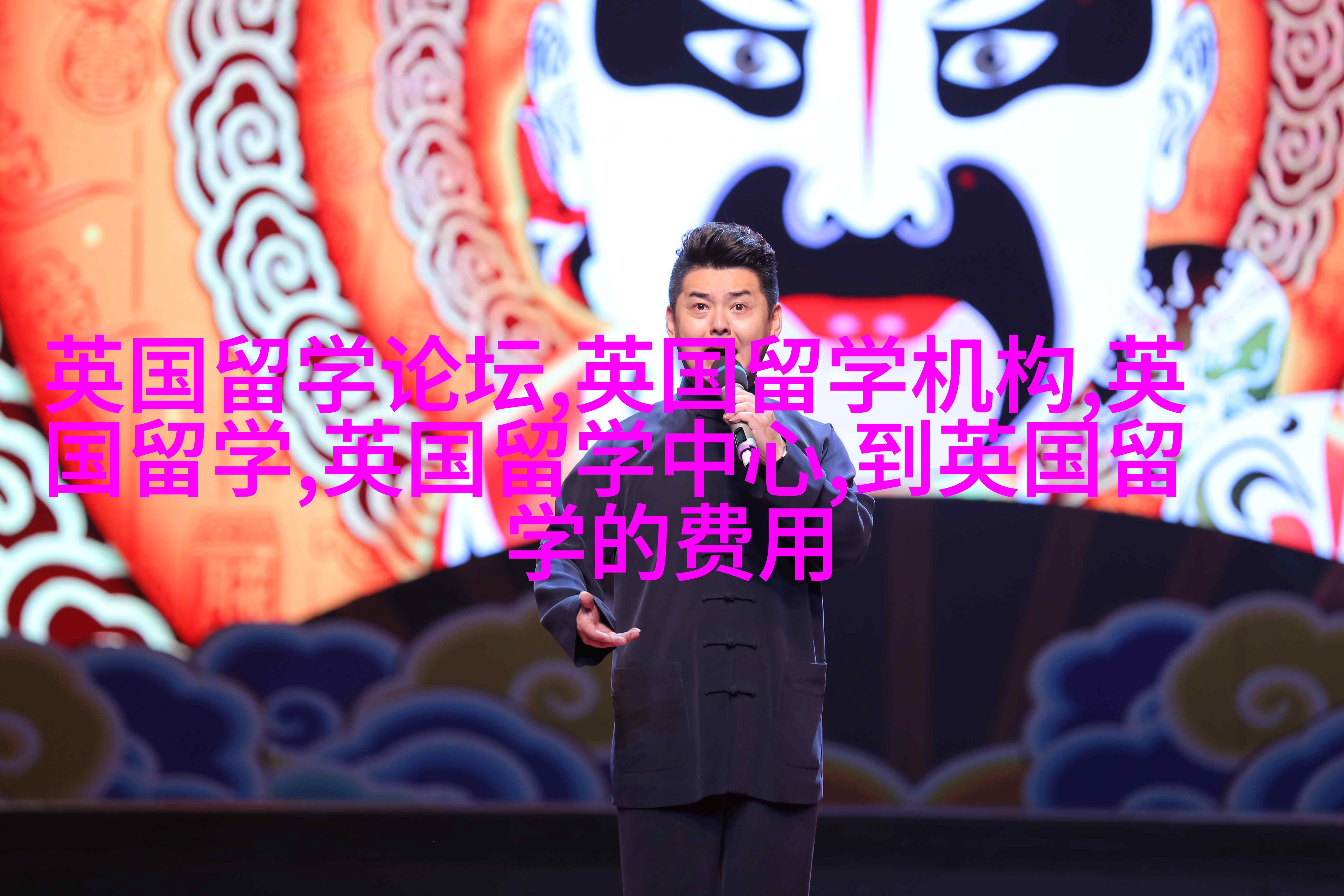在进入泰国的生活和文化之前,学习一些基本的泰语是非常有帮助的。以下是一些对于任何想去泰国留学的人来说都很有用的词汇。

一、基本问候
Sawatdee (สวัสดี) - 你好
Chai (ใช่) - 是

Mai (ไม่) - 不
Khor toot (ขอโทษ) - 对不起

Khob kun krap/Khob kun maak (ขอบคุณครับ/ขอบคุณมาก) - 谢谢
二、自我介绍和询问信息
My name is [name] (ชื่อของผม/ของผู้หญิงคือ [name]) - 我叫[name]
You are from where? (ท่านเป็นคนจากไหน?) - 你来自哪里?

I am from [country/city]. How about you? (ผม/ผู้หญิงเป็นคนจาก[ประเทศเมือง]) แล้วท่านกัน? ) - 我是从[国家城市]来的,你呢?
三、食物相关词汇
Khao niew Mamuang: Mango with sticky rice, a popular Thai dessert.
Tom Yum Goong: Spicy and sour soup made with shrimp.

Pad Thai: Stir-fried rice noodles with vegetables and sometimes tofu or meat.
四、购物和市场相关词汇
How much does this cost? (ราคานี้เท่าไร?)
Price of the item + "baht" = Cost in THB. For example, if something costs 100 baht, you would say "ราคาitemนี้100บาท"
五、交通工具与导航
Taxi: Taxi(แท็กซี่)
Tuk-tuk: Tuk-tuk(ตุ๊กตุ๊ก)
Bus station: Bus station(สถานีขนส่ง)
Train station: Train station(สถานีรถไฟ)
六、社交场合中的使用
In social situations, it's important to show respect for the culture by using polite language. Here are some examples:
To address someone older than you:
Older man/sir: Nai/Por Kraam/Nai Boonmaa /Por Kraam(Por Kraam)/Nai Boonmaa(Nai Boonmaa)/(Por Kraam)/Nai Boonmaa(Nai BoonMaan)(Praekampungnokkhae)(Praekampungnokkhae)(Praekampungnokkhae)(Khrab/(Khun/(Khun/(Krachae))
To address someone younger than you:
Younger man/lady boy/brother/sister:
Paa/Por Nee/Paa/Bang/Hua/Jing/Jing(Jing)/(Jing)/(Jing)
When saying goodbye to someone older than you:
Goodbye sir/madam/master/mistress/boss/grandfather/grandmother/auntie/uncle/niece/nephew/juvenile/youth/female youth/female juvenile/
When saying goodbye to someone younger than you:
Excuse me/Sorry:
七结论:
通过学习这些基础的泰语词汇,可以大大增加你的交流能力,让你更容易融入当地社会,同时也能更加尊重当地人的文化习惯。在前往泰国进行留学之前,掌握这些关键单词将会是一个巨大的帮助,为你的海外经历增添更多乐趣。



